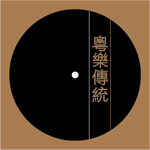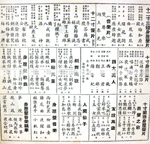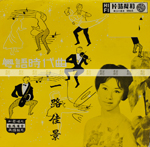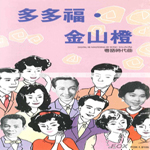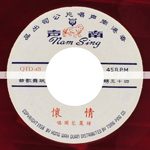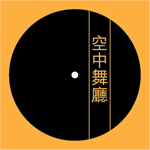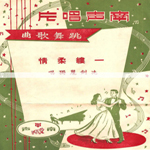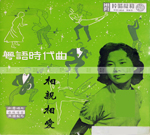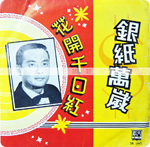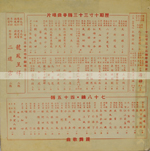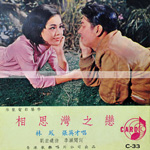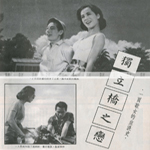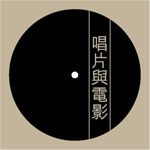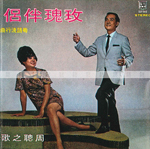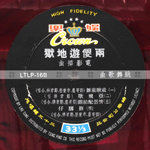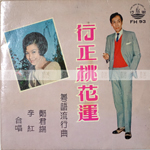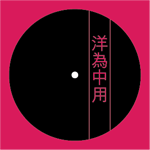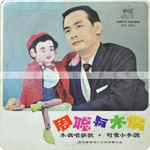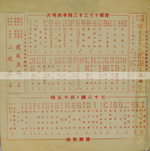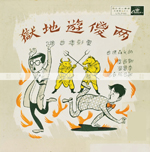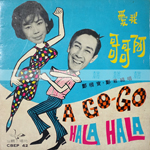In the time when Wong Jum-sum grew up, Cantonese pop music was but one of many kinds of music broadcast on radio. In a society where over 80% of the population spoke Cantonese, that came as a major surprise. Wong has a simple explanation for this. Cantonese pop grew out of traditional Cantonese music, but it could not build on the popularity of the latter in the face of severe competition. Compared to Western or Mandarin pop, it lagged behind in the areas of composition, lyrics, singing, accompaniment, recording, distribution, and marketing. Its competitors had a head start in talents, organization, and technology that took Cantonese pop more than a decade to come close.
Not everyone agrees with Wong’s diagnosis. Other scholars argue Canto pop, even in such early days, had a unique vibrancy that came from a healthy disregard of the boundaries among different traditions and genres, be they local or foreign. Early Canto pop laid a solid foundation for modern Canto pop, which went on to dominate not only Hong Kong but most Chinese communities around the world.
The story of Cantonese pop awaits careful re-writing.
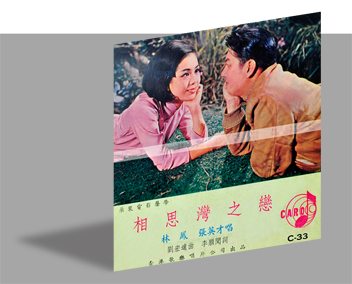

作曲:侯湘(李厚襄)
作詞:吳一嘯
主唱:林鳳
飄來榴槤之香 曼歌聲震天
飄來榴槤之香 芬芳到嘴邊
飄來榴槤之香 大家執個先
飄來榴槤之香 菓汁似蜜餞
榴槤在我心中香 一吃夢溫暖
榴槤落滿地上去 伸隻手去拈
飄來榴槤之香 又執一個添
飄來榴槤之香 歡呼舞萬遍
香甜味兒飄飄 為它倒與顛
香甜味兒悠悠 家家愛菓仙
香甜味兒清清 人心香更添
香甜味兒薰薰 春心醉又軟
榴槤令我多相思 今次又相見
榴槤熟了像玉女 一見心意牽
安娜艷如嬌花 萬花鮮斗鮮
不忘榴槤之香 歡呼舞萬遍
